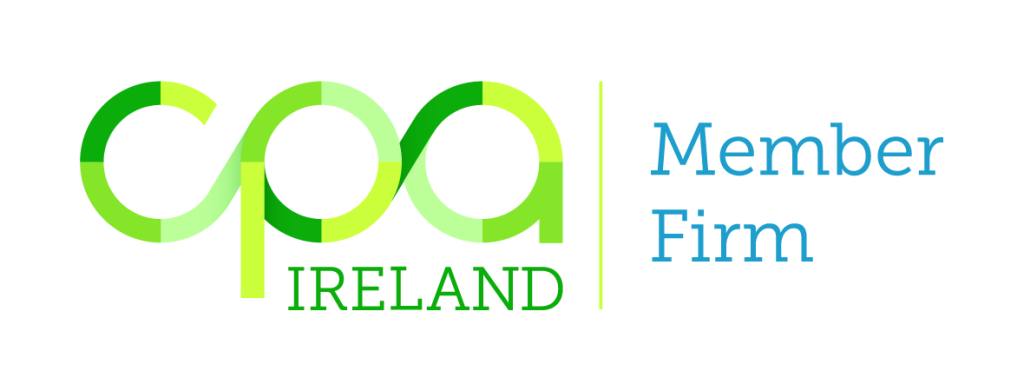The landscape of work is undergoing a seismic shift, driven by technological advancements and a growing emphasis on work-life balance. In Ireland, as elsewhere, Small and Medium Enterprises (SMEs) are at the forefront of adapting to these changes, particularly in the realm of flexible work arrangements. This blog post explores how Irish SMEs can navigate and thrive in the evolving future of work by embracing flexibility, technology, and innovative management strategies.
Understanding the Shift
The COVID-19 pandemic accelerated a trend towards remote and flexible working arrangements, a change many thought was years away. Now, with the pandemic receding, this shift has shown potential benefits that are hard to ignore, including increased productivity, improved employee well-being, and reduced overhead costs. For Irish SMEs, this presents both opportunities and challenges in redefining work culture.
Technological Empowerment
The backbone of flexible work arrangements is technology. Cloud computing, project management tools, and digital communication platforms have made it possible for teams to collaborate effectively, irrespective of physical location. Irish SMEs must invest in these technologies and provide training to ensure their workforce can leverage them effectively. Prioritizing cybersecurity to protect company and customer data is also crucial as the digital workspace expands.
Reimagining Workspaces
The concept of the office is being reimagined. For many SMEs, maintaining large physical offices may no longer be necessary, leading to potential cost savings. However, the social aspect of work and the need for occasional face-to-face interaction remains. Implementing a hybrid model, where employees work from the office part-time, can strike a balance, offering flexibility while maintaining a sense of team cohesion and company culture.
Policy and Culture
Adapting to flexible work arrangements requires more than just technological investment; it necessitates a cultural shift within the organization. Policies on remote work, flexible hours, and employee engagement need to be clearly defined. Trust plays a critical role in this new work environment. SMEs need to foster a culture where output, rather than hours spent at a desk, measures productivity. Regular check-ins and virtual team-building activities can help maintain a strong team dynamic.
Managing Productivity and Well-being
One of the challenges of remote work is ensuring continued productivity and managing employee well-being. Setting clear expectations, providing support for home office setups, and encouraging regular breaks are essential. Additionally, offering mental health resources and ensuring managers are trained to recognize signs of burnout are critical components of supporting the workforce in this transition.
Legal Considerations
As flexible work arrangements become more common, Irish SMEs must also navigate the legal implications. This includes revising employment contracts, understanding tax implications for remote workers, and ensuring compliance with health and safety regulations for home offices. Seeking legal advice to navigate these areas is advisable.
To manage this, many businesses are turning to outsourced payroll services to handle the complexities of remote and flexible employee compensation.
Conclusion
The future of work is flexible, and for Irish SMEs, this presents an exciting opportunity to innovate, attract talent, and improve operational efficiency. By embracing technology, redefining company culture, and ensuring policies support both productivity and well-being, SMEs can lead the way in adapting to this new normal. The transition to flexible work arrangements is not without its challenges, but with careful planning and a commitment to flexibility, Irish SMEs can thrive in the evolving landscape of work.





